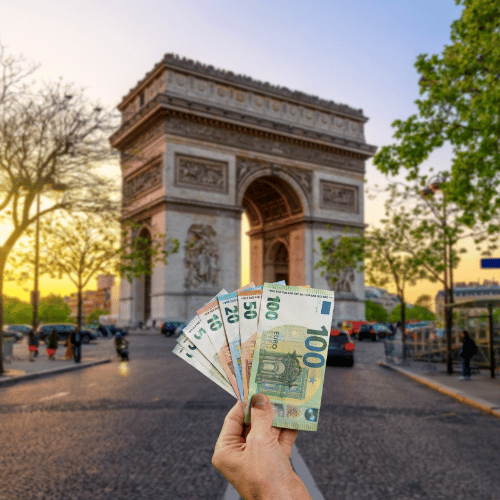Convert AUD to EUR Exchange Rate
Convert Currency
*Online rates not available in store.
Best Place to Buy Euros in Australia
Whether you’re planning to stroll the streets of Paris, cruise the canals of Amsterdam, or explore the ruins of Rome, you’ll need Euros (EUR) in your wallet. Travel Money Oz makes it simple — order online or visit one of 90+ stores across Australia. With competitive rates on AUD to EUR conversion, your travel money goes further.
Live AUD to EUR Exchange Rate Today
The AUD to EUR exchange rate shifts frequently with global market changes, so it’s essential to check today’s rate before exchanging your Australian Dollars. At Travel Money Oz, we update our real-time AUD to EUR rates so you always know exactly how much you’ll get — no hidden fees, no surprises.
Where to Buy Euros Near Me
Searching for a money exchange near you for Euros? Travel Money Oz has over 90+ currency exchange locations across Australia, making it easy to buy Euros (EUR) in person. Whether you're looking for a Euro money changer near me or just want trusted currency exchange centre for Euros, we’ve got you covered.
With our In Stock Promise, we’ll always have Euros available in-store. On the rare occasion we don’t? You’ll receive $10 AUD off when you make a full deposit. Need cash quickly? Take advantage of our same-day service, with competitive rates and no hidden fees. So if you’re preparing for Europe and wondering where to buy Euros near me, head to your nearest Travel Money Oz and travel with confidence — quick, simple, and stress-free.
How to Get the Best AUD to EUR Exchange Rate
The AUD to Euro exchange rate can have a big impact on your travel budget — especially if you're planning a Eurotrip across multiple countries. At Travel Money Oz, we offer competitive, real-time rates so you can get great value when you buy Euros in Australia. Use our live Euro exchange rate tool to monitor market movements and lock in your EUR at the best time before your trip.

Lock In a Better Rate with Our Price Beat Guarantee
Want even more for your Aussie dollars? Thanks to our Price Beat Guarantee, if you find a better published rate for Euros in Australia, Travel Money Oz will beat it. It's our way of making sure you're not only getting Euros, but also getting them at the best available AUD to EUR rate. Just bring proof of the better rate when purchasing in-store, and we’ll handle the rest
*Price Beat Guarantee applies to in-store EUR cash purchases only. Terms and conditions apply.
Card rate
Loading...
Code
EUR
Symbol
€
Coins
Cents & Euros - 1c, 2c, 5c, 10c, 20c, 50c, €1, €2
Banknotes
Euros - €5, €10, €20, €50, €100, €200, €500
Order Euros Online for Home Delivery
Want to skip the queues and sort your travel money without leaving the house? Ordering Euros (EUR) online for home delivery is the most convenient way to get prepared before your trip. Whether you're planning to splurge in Paris, shop in Milan, or wander through Lisbon, Travel Money Oz lets you lock in your AUD to Euro exchange rate and have your cash delivered straight to your door — safely and securely.

Order Euros Online for In-Store Pickup
Need your travel money sooner? You can also order Euros online for pickup at one of over 90 Travel Money Oz stores across Australia. Select locations even offer same-day pickup, perfect for last-minute plans. Lock in today’s AUD to EUR exchange rate, then collect your Euros at a time that suits you — no stress, no surprises.

Same Day Delivery Foreign Cash
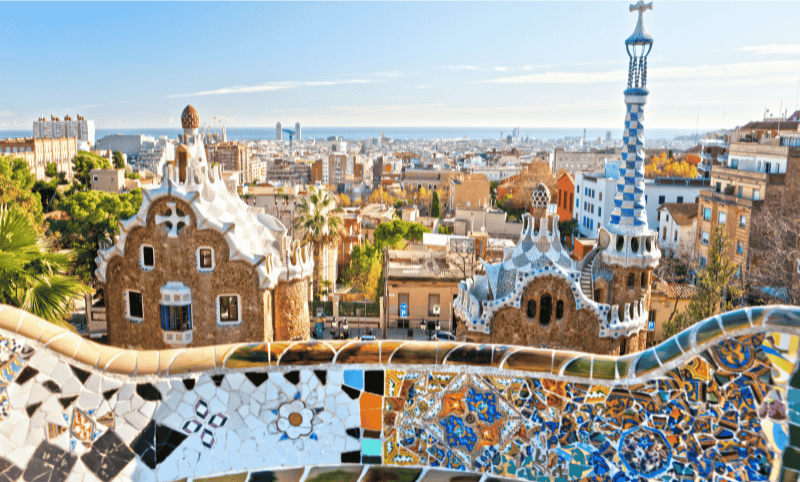
Click and collect Foreign Cash
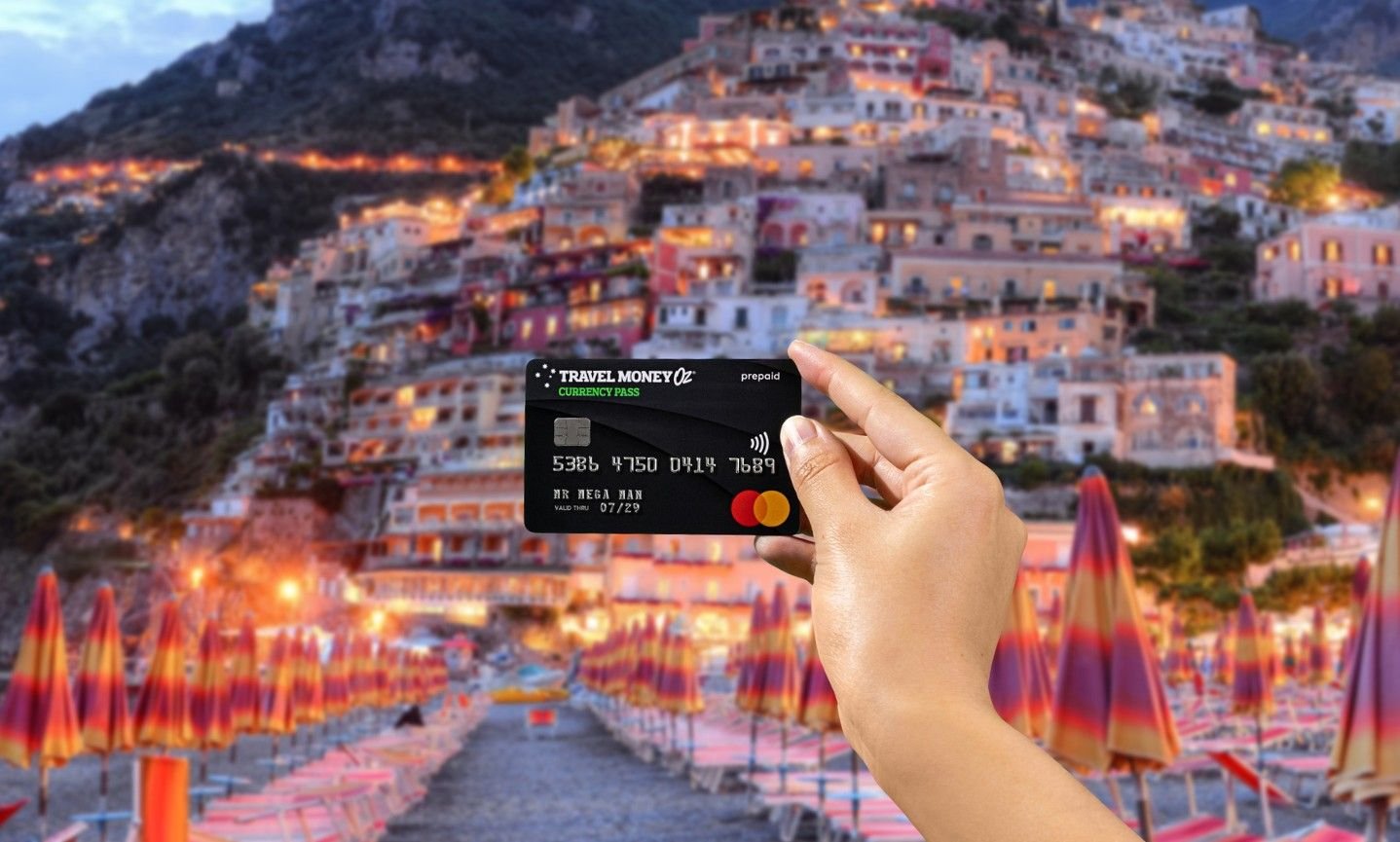
Load a Currency Pass Travel Money Card
Euro to AUD – Convert Euros to Australian Dollars
Got leftover Euros from your trip? Travel Money Oz makes it easy to convert Euro to AUD at great rates. Whether you're exchanging a handful of notes or converting a larger amount, we offer a fast, reliable way to turn your Euros to Australian Dollars — all with expert service at over 90 locations nationwide.

Buy Back Bonus for Better EUR to AUD Value
If you originally purchased your Euros from Travel Money Oz, you may qualify for our Buy Back Bonus. Just bring in your receipt when you return, and we’ll offer a boosted EUR to AUD rate — giving you extra value for your leftover travel money.
Holiday Budget Calculator
We know holiday budgeting can be a snooze fest, but it's important! Just pop in your trip details, and our clever tools will mix crowd-sourced Numbeo data with our exchange rates to show you how much to bring. Easy as!
How to Save Money for Your Next European Holiday
Want to explore Europe without overspending? Here are some practical tips to help you make the most of your trip:
• Travel during off-peak seasons (November to March). Flights and hotels are way cheaper, and you’ll avoid the crowds. It’s perfect for exploring Europe at your own pace, especially before summer madness kicks in.
• Dining out? Skip the expensive tourist traps and go for street food or local favourites. Whether it’s a quick sandwich in Berlin, a bowl of soup in Budapest, or a simple pastry in Lisbon, you can find delicious and affordable options everywhere.
• Public transport is super affordable and efficient in Europe. Hop on a metro, local bus, or train—it’s the best way to get around cities like Berlin, Barcelona, or Budapest without blowing your budget.
• Free attractions? Absolutely! Take advantage of free attractions like city parks, historic squares. You can check out the Eiffel Tower gardens, stroll the Spanish Steps, and explore Prague’s Old Town—all for zero cost but full of European charm.
• Check to see if there are free museum days! You’ll experience a lot of local culture without paying a cent.
• Convert AUD to EUR with Travel Money Oz to get the best exchange rate and make your Euros go further on your trip.
All about the Euro
What countries use the Euro currency?
You’ll need to swap AUD to Euro when travelling to any of these countries:
Andorra, Austria, Belgium, Cyprus, Estonia, Finland, France, Germany, Greece, Ireland, Italy, Kosovo, Latvia, Lithuania, Luxembourg, Malta, Monaco, Montenegro, the Netherlands, Portugal, San Marino, Slovakia, Slovenia, Spain, and Vatican City.
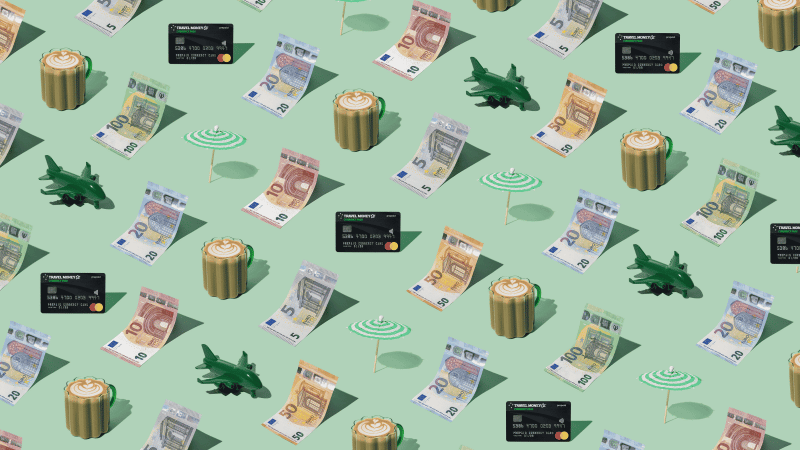
Euro notes and coins
- Like the Australian Dollar, the Euro (€) is divided into 100 cents (c).
- Euro coins come in 1c, 2c, 5c, 10c, 20c, 50c, €1, and €2 denominations. Euro notes are available in €5, €10, €20, €50, €100, €200, and €500 denominations
- While there have been calls for introducing €1 and €2 banknotes, these aren’t currently printed (fun fact: producing these would likely cost more than €1 per note!).
Fun facts about Euro banknotes
- Euro coins have a shared design on one side, but each country adds its own special touch on the other, featuring national symbols, landmarks, or historical figures that reflect its unique culture.
- Euro banknotes feature architectural styles from different periods of European history, including Classical, Romanesque, Gothic, Renaissance, Baroque, and Modern architecture, but they do not depict specific buildings.
Travel Money Trivia
- The Euro currency was introduced in 1999, though the notes and coins weren’t physically issued until 2002. Croatia was the most recent country to adopt the Euro, having done so in 2023. Better late than never!
- Euro notes are made from pure cotton fibre, which makes them more durable and gives them their unique texture.
- Each Euro note has a distinctive colour and design that represents a different artistic period of European architecture. Very fancy indeed.
- The reverse (tails) side of every Euro coin features a map of Europe and the coin's value. However, each country that uses the Euro has its own designs for the obverse (heads) side.
FAQs about buying and exchanging Euros
How much is 1 AUD in EUR?
Where can I buy Euros in Australia?
Should I exchange AUD to EUR in Australia or in Europe?
How do I convert leftover Euros back to AUD?
What affects the AUD vs EUR exchange rate?
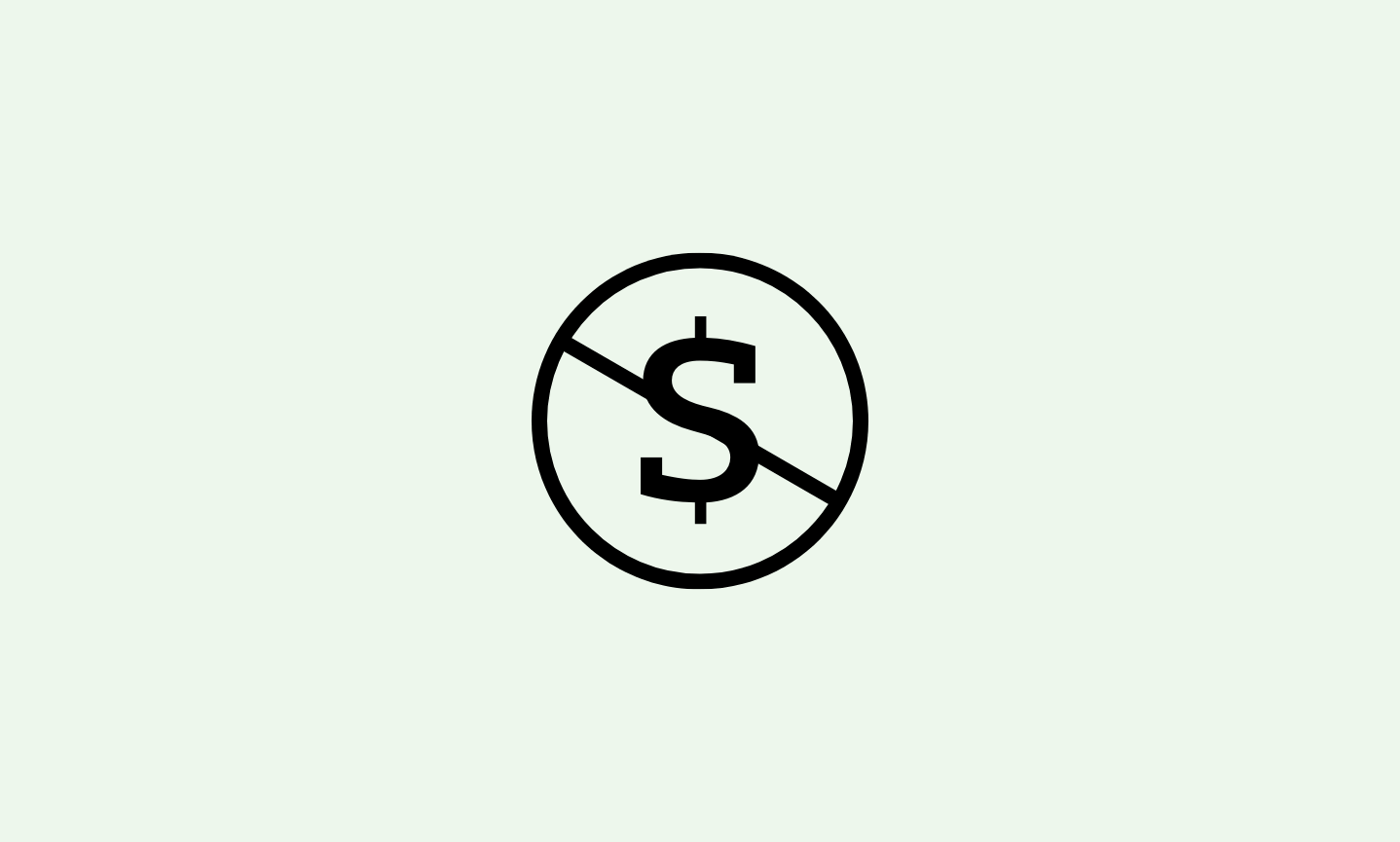
No Hidden Fees
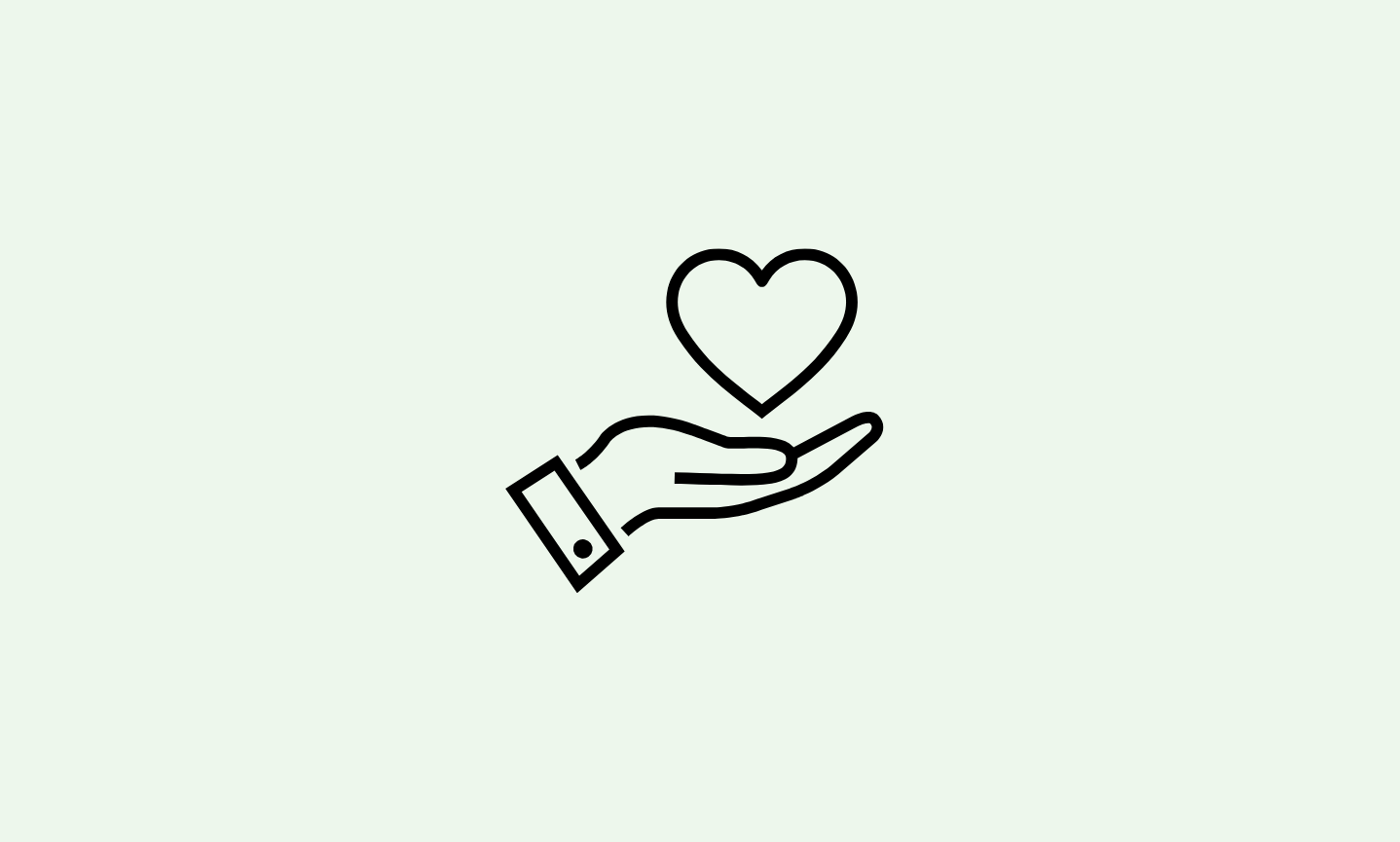
Friendly Personalised Service

Secure Transactions

Free Travel Money Guides
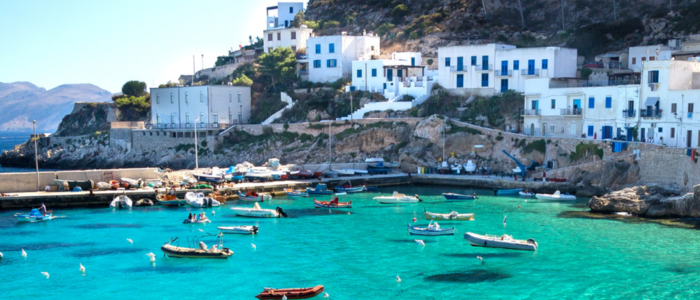
Avoid Hidden Extras in Europe

Best Shopping Spots in Europe

